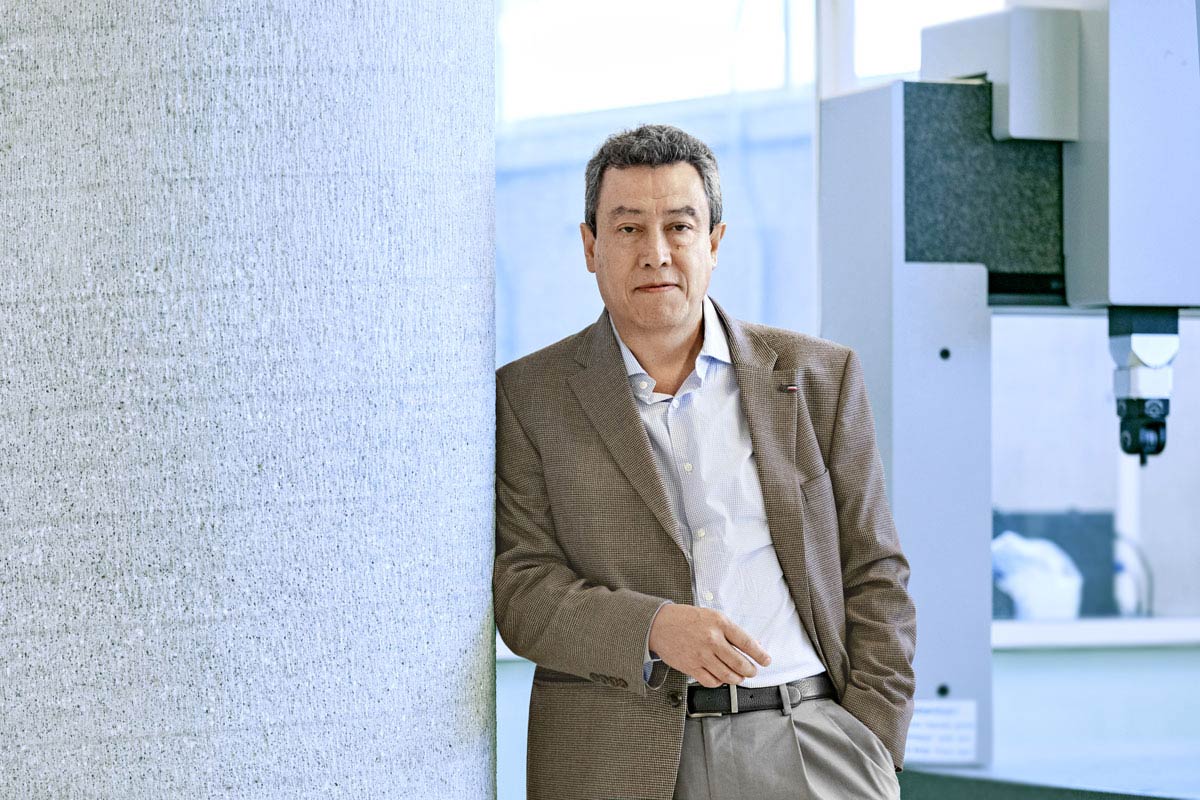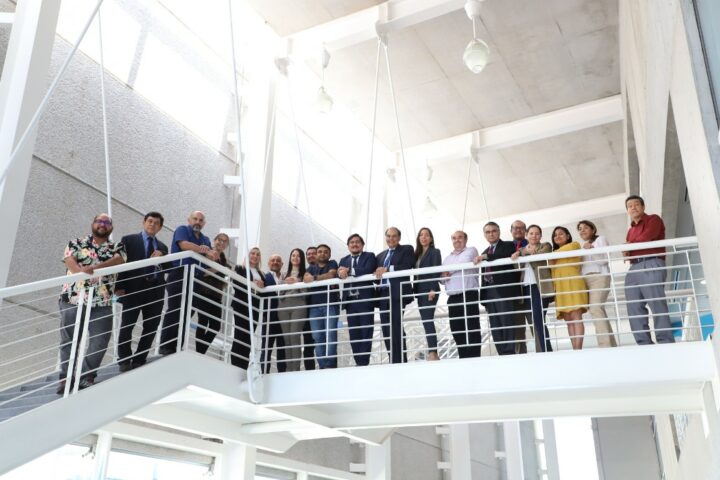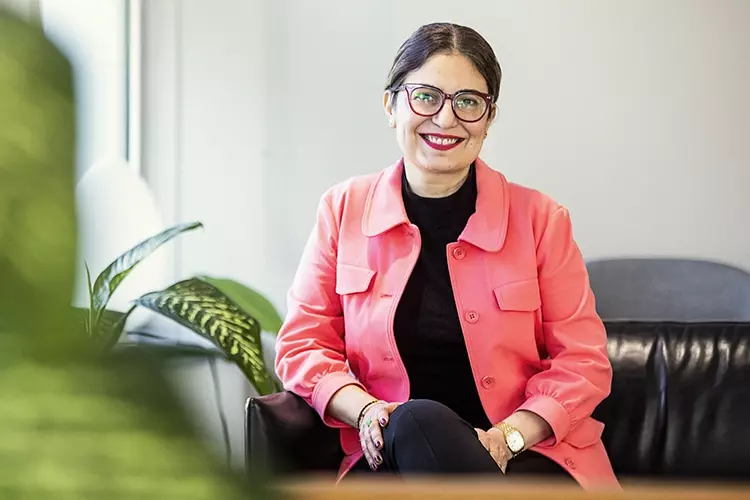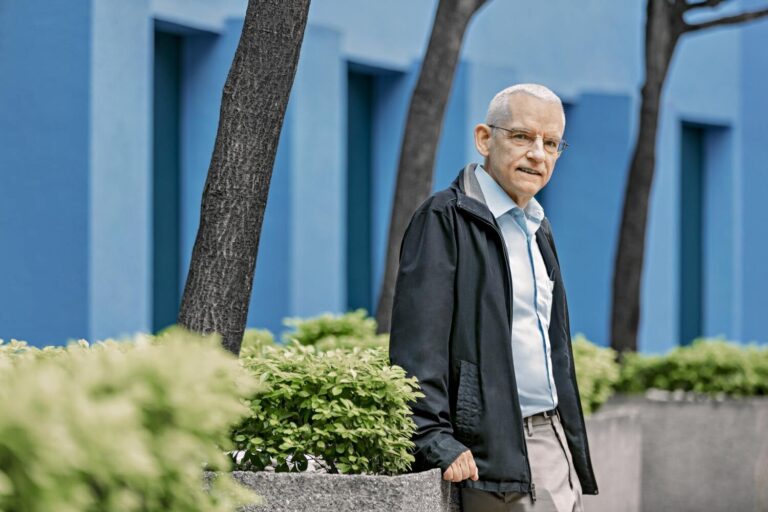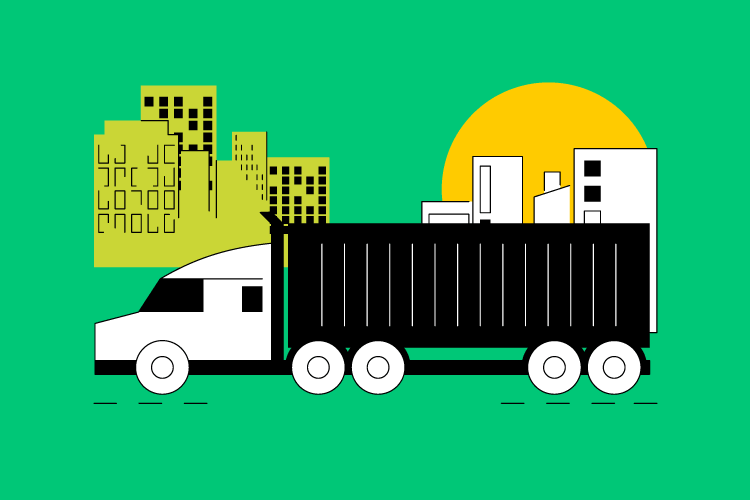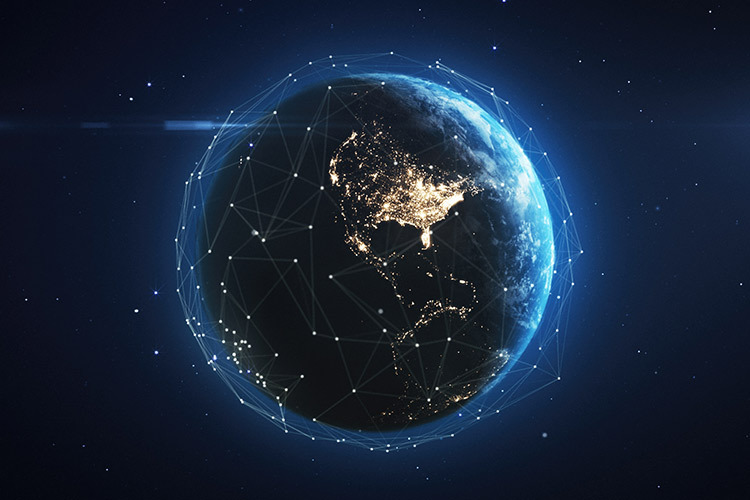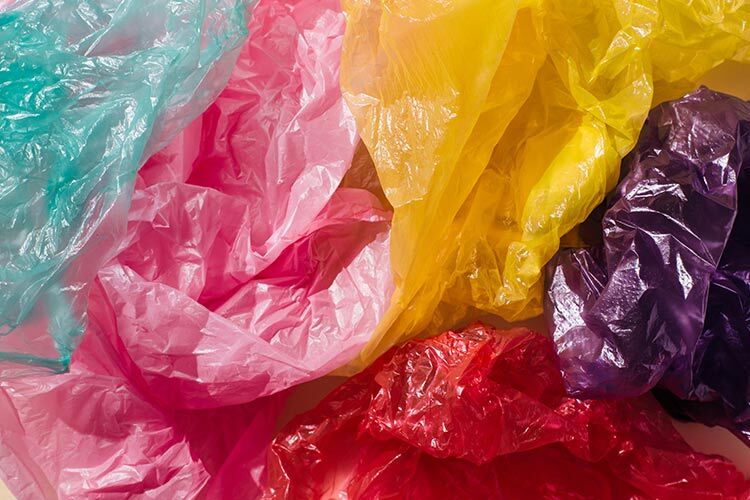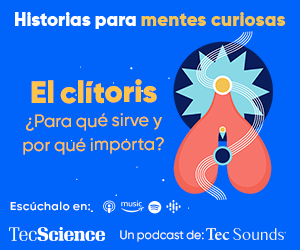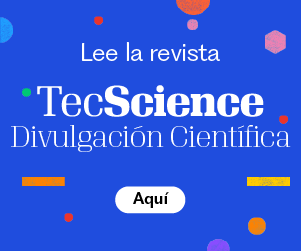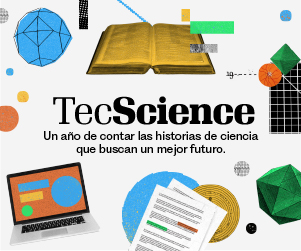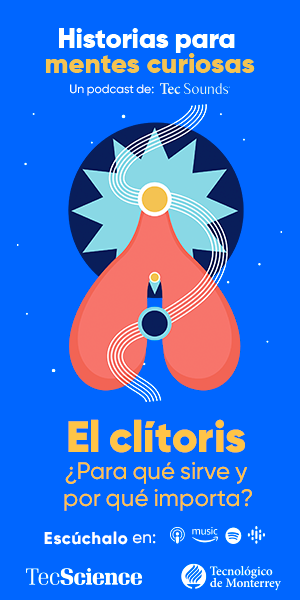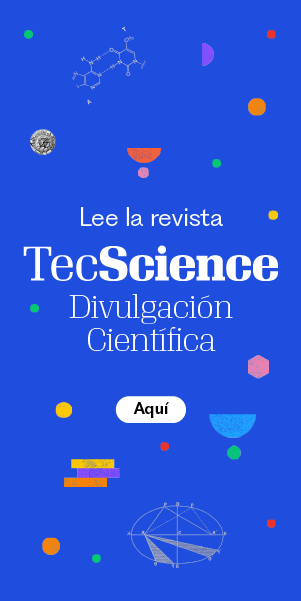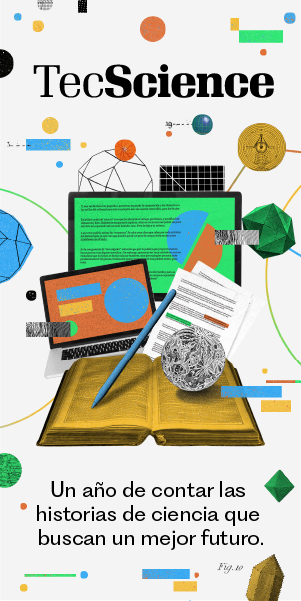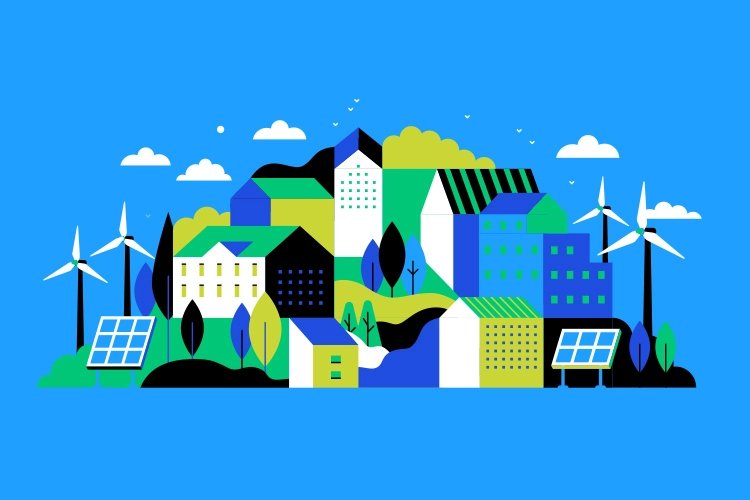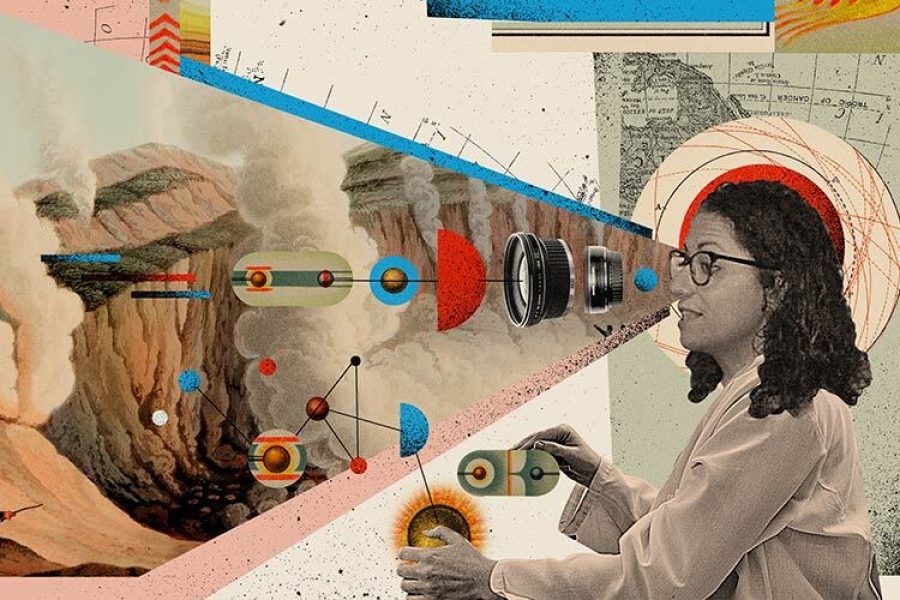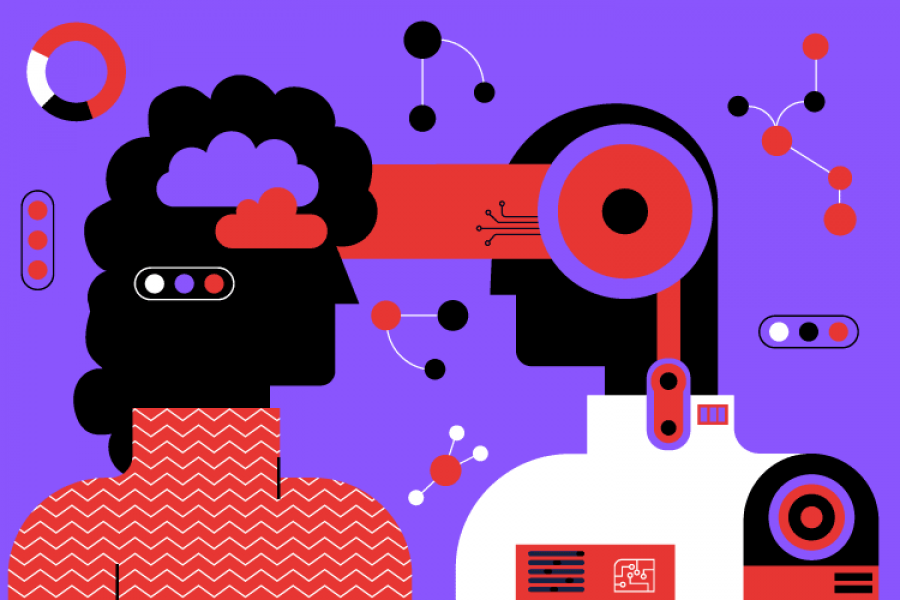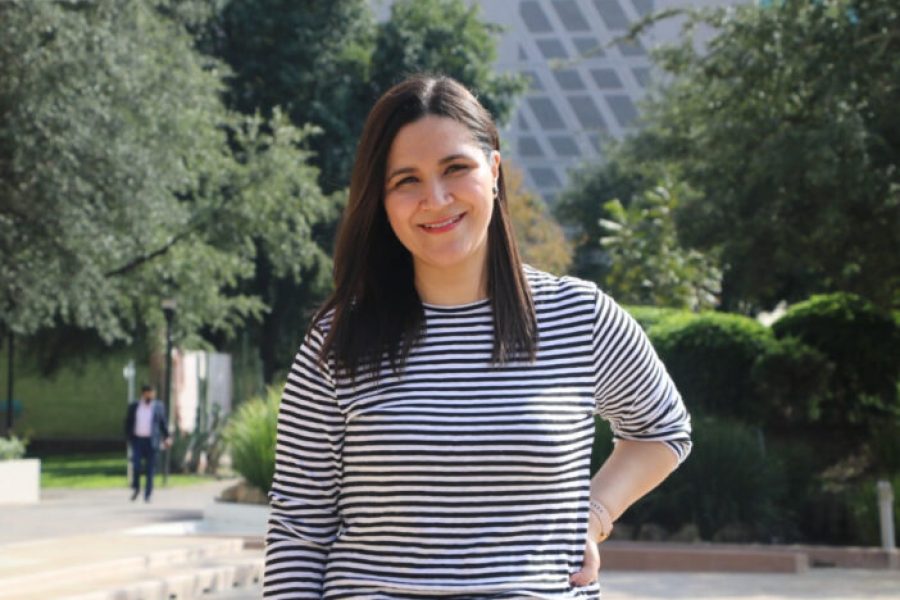As a boy, Alex came close to repeating a year at school because he wasn’t good at math. However, he found beauty in the subject when he grew up, which led him to devote his life to turning science into something tangible, real, and, above all, useful for the world.
Alex, who now heads up the Accelerated Materials Development unit of the Institute of Advanced Materials for Sustainable Manufacturing in Monterrey, is working with his team to find new, sustainable methods to create products, from light components for planes and cars to fibers for medical treatments and resins that can convert single-use materials into recyclable ones.
His outstanding career spans more than 35 years, over the course of which he has published more than 100 scientific papers, patented nine projects, and inspired countless students. All of this has earned him the 2022 Rómulo Garza Award, the highest recognition Tec de Monterrey can give a researcher.
Alex Elías Zúñiga, who hails from Pachuca, Hidalgo, is a fan of pasties, the eighth child in a family of nine siblings, and a passionate amateur astronomer, welcomes us to the Technological Research and Innovation Park (PIIT) in Apodaca, Nuevo León.
Glass walls separate the laboratories of this four-story Tec building. Noting our curiosity before the interview begins, Alex gives us a tour of its different work areas.
As we approach one group, he greets his staff and students by their names, shakes them by the hand, and encourages them to explain their projects and tell us about their accomplishments, such as casting metal components in the sand, and fibers to help patients with hernias, and even the metal framework of a plane at the heart of the building.
When we return to his office, we are given a few snacks to make us feel more at home. He smiles and relaxes as he sits down, providing candid answers to our questions about his life, his career, and his desire to seize the opportunity to build a more sustainable future.
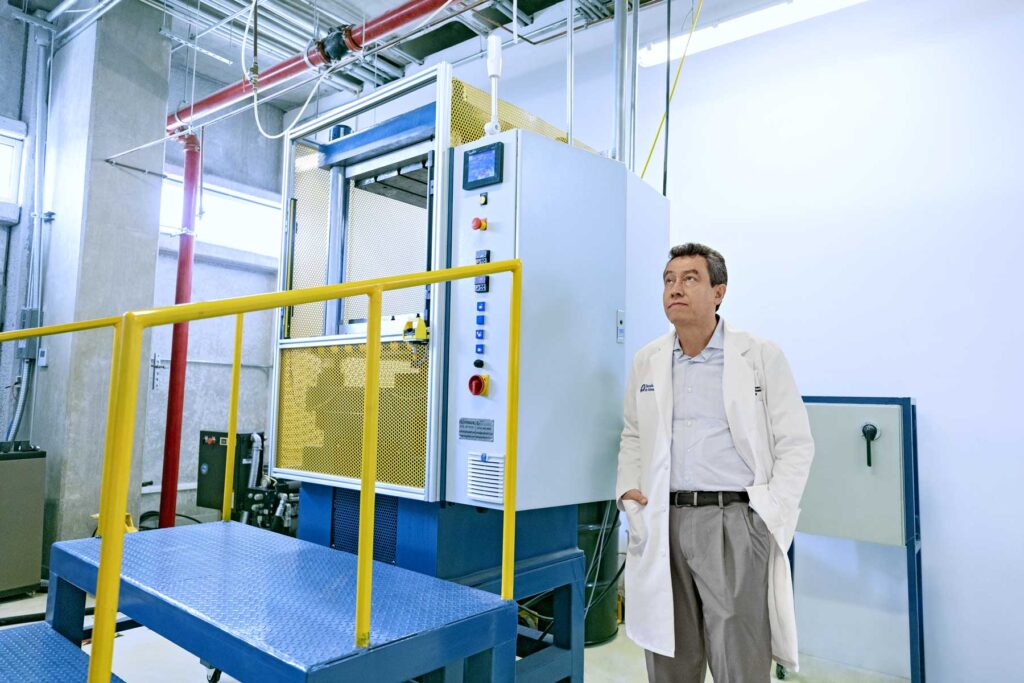
What were you like as a boy? Did you always like going to school?
When I was in second grade, I must have been about seven or eight, my teacher sent for my parents to tell them that I was going to have to repeat the year because I didn’t understand math.
Something went through my mind when I saw my parents’ faces… They didn’t look angry; they were more worried. Although the situation triggered a bit of uncertainty about math, I was able to get over it. Something extraordinary must have happened because there was a moment when I started to understand the subject better and I was able to master it. I still don’t fully understand math, but I really like it (he says with a laugh).
Conveying the culture of sustainability
What do you enjoy the most about your work at the Institute of Advanced Materials?
For me, research is an extraordinary raison d’être. I really enjoy working in the exact sciences because I’ve discovered that they can give us the answers to all the problems that ail humanity.
I couldn’t tell you whether I like the biomedical area or materials development more; what’s really inspiring is what we’ve accomplished with both of them, ensuring that we can effectively provide added value to society.
The unit that Alex Elías currently heads up collaborates in industrial sectors such as automotive, aeronautics, and even health, developing new materials that are obtained through improved processes and are also lighter, more efficient, and less polluting.
One of his projects was recently selected to form part of a collaboration between Tec de Monterrey and the Southwest Research Institute (SwRI), one of the largest research centers in the United States. This was the creation of an epoxy resin for manufacturing carbon fiber and fiberglass materials through a more efficient process that can make the material reusable.
What impact do you want to make at the Institute of Advanced Materials?
One of the most challenging aspects of this job is conveying the culture of sustainability; showing that it’s fundamental, almost an extension of what it means to be human.
We’re trying to insert this culture into the companies we collaborate with, offering solutions to the needs of the industry, and generating opportunities for technology-based entrepreneurship. We want to be a part of the creation of companies that Mexico’s going to need to contribute to the value chain.
What applications are there for the work you’re doing at the Institute?
We’re able to conceive, fabricate, and manufacture. That’s how we’re able to work with anyone who needs a product. The first step is approaching them and asking what they need.
We’ve done projects in the glass industry with Vitro; we’ve got interesting projects with the Safran Group, which is part of the aeronautics sector; and with Siemens, to develop the next generation of electrical elements to be used in switches in people’s homes.
We’ve also become involved in the medical sector as we’re in constant collaboration with Tec de Monterrey’s School of Medicine and Health Sciences, where we’re looking to translate their needs into medical devices that offer answers and solutions.
What’s more, we give refresher courses on materials and selection processes, we’re developing new methodologies for evaluating the resistance of aeronautical components, and so on.
In a nutshell, the work of the Institute entails a combined effort between research, industry, and even public policy, to create more sustainable materials and processes.
Being here, in the present
What does winning an award like the Rómulo Garza mean to you?
This recognition isn’t just for me, it’s for all the people I work with. However, I’m personally encouraged by this recognition of our contribution to society. Rómulo was a visionary engineer who always believed in the importance of research.
When I think about my parents, I think they’d be very happy; they always encouraged me, and they’d be satisfied to see the fruits of their effort, resources, and dedication.
What did you want to be when you were a child?
An astronomer. I used to spend hours looking at the sky; I liked seeing what the stars were up to. I didn’t study astronomy because they didn’t have that course in Pachuca and my family’s circumstances wouldn’t stretch to me moving to Mexico City. However, that passion remains, and I ended up developing materials that are used for astronomy.
I studied mechanical engineering, what they call “metals engineering,” but you need engineering to build a ship that can go into space or a telescope to see the stars. In a way, I’m still connected to astronomy.
What motivates you the most?
For me, being here, in the present, is extraordinary. Many things had to happen to get to where we are, so I can’t let this opportunity pass me by.
There are many people at the Tec who’ve encouraged me because they have a really long-term vision and they’re excited about doing groundbreaking things.
I’m also inspired by my family, the support from my wife and kids, and the memory of my parents who put me on the right path.
I feel the responsibility of leaving a legacy for those who come after me. It’s not about having my name engraved somewhere, but about doing my bit, utilizing what nature has given me in terms of the capacity for knowledge and intellect to make the world a more humane place.
